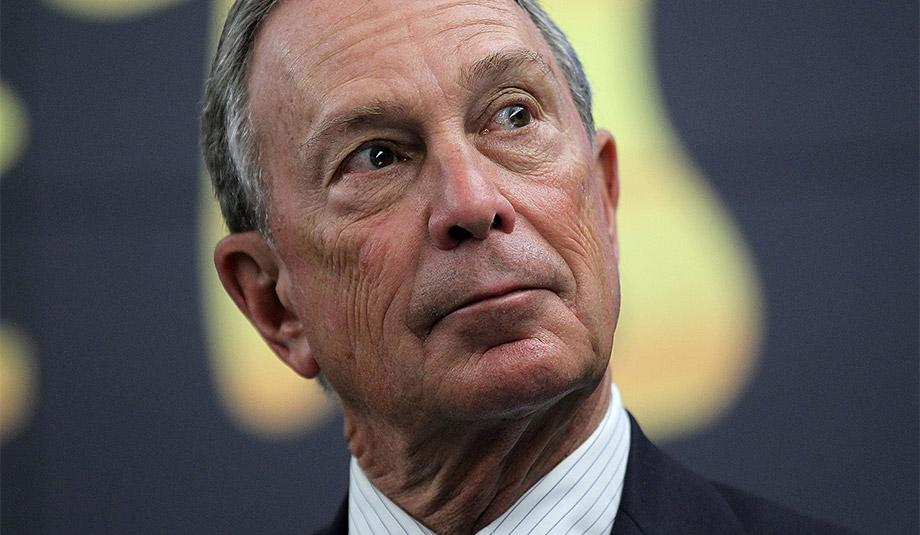In October last year, The Atlantic magazine detailed the 25 media boomlets over the past decade that have speculated Michael Bloomberg would run for president. Today the New York Times launched yet another one, reporting that the former New York mayor would be willing to spend “at least $1 billion of his fortune” on an independent race, should Bernie Sanders or a “gravely weakened” Hillary Clinton become the Democratic nominee.
While the public is clearly disenchanted with both major parties, the odds of the 73-year-old Bloomberg’s parachuting into the presidential race are laughably low. It’s true that more than 70 percent of voters think the country is on the wrong track, and that both Hillary Clinton and Donald Trump have unfavorable ratings of above 50 percent with the general public. But as Michael Goodwin, a New York Post columnist who has frequent contact with Bloomberg, put it this weekend: “He won’t run if he can’t win, and anybody who sells him a vision of victory is suffering hallucinations or looking for a payday.”
Theoretically, the obstacles to beginning a race this late aren’t terribly daunting. Deadlines for ballot access in most states fall in July or August, so getting his name before voters as an independent would be nothing more than an expensive irritation for someone of Bloomberg’s wealth. Richard Winger, the editor of Ballot Access News, estimates that Bloomberg would have to spend $5 million to $6 million to get ballot lines in all 50 states. The first deadline is in Texas, which requires 80,000 valid signatures on petitions be submitted by May 9 of this year.
But Bloomberg’s challenge wouldn’t be ballot access, it would be the Electoral College. Even if an independent candidate managed to win 35 percent of the popular vote nationwide, it would be hard to carry a majority of the Electoral College. There hasn’t been an election since 1824 in which no presidential candidate has won a majority of the Electoral College. Should that happen in 2016, the next president would be selected by an insiders’ election in the House, with each state’s delegations casting one vote, and a majority needed to prevail. Right now, Republicans control a commanding 34 state delegations, Democrats have a majority in 14, and two are split evenly. Given that every House member is a Democrat or Republican, an independent’s chances of victory are slim.
Ross Perot set a modern standard of success as an alternative candidate in 1992 when he won 19 percent of the popular vote against Bill Clinton and George H. W. Bush. But he didn’t win a single electoral vote.
Source: John Fund, http://www.nationalreview.com
 Listen Online
Listen Online Watch Online
Watch Online Find a Station in Your Area
Find a Station in Your Area








 Listen Now
Listen Now Watch Online
Watch Online
